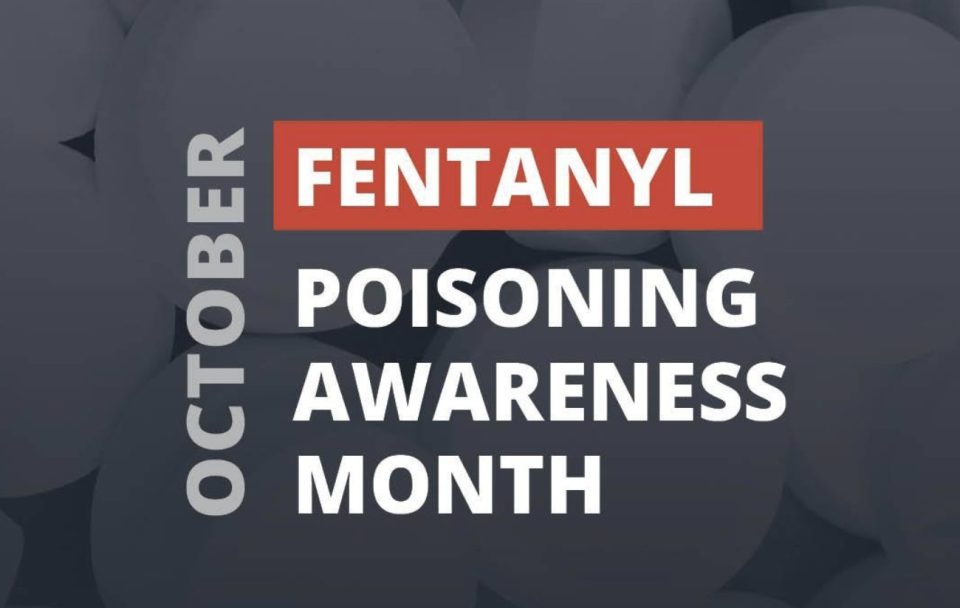by Tricia White | Contributor
October is Fentanyl Awareness Month, a time to raise awareness about the dangers of this deadly drug and to educate parents on how to protect their children. Fentanyl is a synthetic opioid that is up to 100 times more potent than morphine and 50 times more potent than heroin. It is often mixed with other drugs, such as cocaine, heroin, and methamphetamine, without the user’s knowledge. This makes it even more dangerous, as people may not realize how much fentanyl they are consuming.
Fentanyl can cause overdose and death, even in small doses. The signs and symptoms of a fentanyl overdose include:
- Slow and shallow breathing
- Weak pulse
- Cyanosis (bluish tint to the skin and lips)
- Drowsiness and confusion
- Vomiting
- Seizures
- Loss of consciousness
If you suspect that someone is overdosing on fentanyl, call 911 immediately. There is an antidote to fentanyl overdose called naloxone (also known by the brand name Narcan). Naloxone can reverse the effects of fentanyl and save lives.
What parents need to know
Parents can play a role in protecting their children from fentanyl by talking to them about the dangers of the drug and being aware of the signs and symptoms of an overdose. Here are some tips for parents:
- Talk to your children about fentanyl. Explain what it is, how it can be dangerous, and how to be safe.
- Be aware of the signs and symptoms of an overdose. If you see any of these signs in your child or someone they know, call 911 immediately.
- Talk to your children about the dangers of taking drugs from strangers. Fentanyl can be laced in other drugs without the user’s knowledge.
- Talk to your children about the importance of seeking help if they are struggling with addiction. There are many resources available to help people get treatment for addiction.
Here are some additional tips for parents:
- Educate yourself about fentanyl. The more you know about the drug, the better equipped you will be to talk to your children about it and to protect them from it.
- Talk to your children’s friends’ parents about fentanyl. The more parents who are aware of the dangers of fentanyl, the more likely it is that children will be safe.
- Be vigilant about your children’s online activity. Fentanyl dealers often use social media to sell drugs.
- Talk to your children about the importance of bystander intervention. If they see someone who is overdosing, they should call 911 and try to help the person until help arrives.
Resources for parents
There are a number of resources available to help parents talk to their children about fentanyl and to protect them from the drug. Here are a few examples:
- Fentanyl Awareness: This website has a wealth of information about fentanyl, including fact sheets, videos, and resources for parents.
- National Institute on Drug Abuse (NIDA) website: NIDA has a number of resources on its website about fentanyl, including information about the drug, its effects, and how to prevent overdose.
- SAMHSA’s National Helpline: This hotline provides free and confidential information and support to people struggling with addiction and their families.
Parents can play a vital role in protecting their children from fentanyl. By talking to their children about the dangers of the drug and being aware of the signs and symptoms of an overdose, parents can help their children stay safe.
Editor’s Note: This content is not intended to be a substitute for professional medical advice, diagnosis, or treatment, and does not constitute medical or other professional advice.


